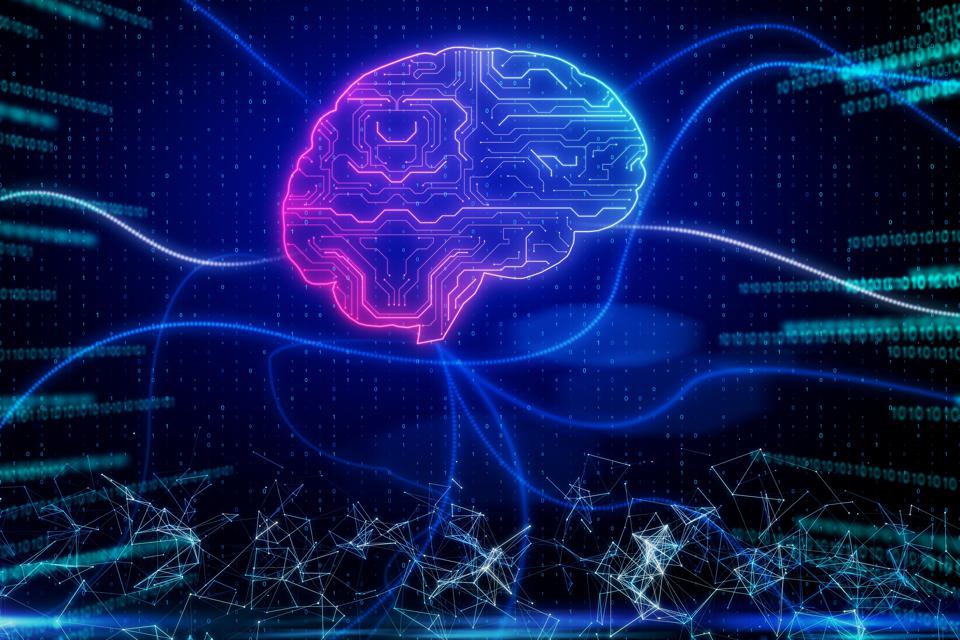As the world becomes increasingly complex and unpredictable, decision-makers are under more pressure than ever to make informed and effective choices. This has led to the rise of decision intelligence, an interdisciplinary field that combines elements of decision theory, cognitive psychology, and artificial intelligence to create tools and processes for making better decisions. But what does the future hold for decision intelligence, and how will it continue to evolve in the years to come? In this blog post, we’ll take a look at some of the key trends and developments that are shaping the future of decision intelligence.
- The rise of explainable AI
Artificial intelligence (AI) is a key component of many decision intelligence tools, but it can sometimes be difficult to understand how AI systems arrive at their decisions. This has led to concerns about the transparency and accountability of AI, and the potential for bias and discrimination. In the future, we can expect to see a greater emphasis on explainable AI, which is designed to provide clear and transparent explanations for how AI systems arrive at their decisions. This will help to build trust in AI, and ensure that decision-makers are able to fully understand and evaluate the choices presented to them.
- The integration of human expertise
While AI is a powerful tool for decision-making, it is important to recognize that human expertise and judgment are still critical components of effective decision-making. In the future, we can expect to see a greater emphasis on the integration of human expertise into decision intelligence tools. This will involve creating systems that are able to capture and incorporate the insights and experiences of subject matter experts, as well as providing decision-makers with the flexibility to incorporate their own insights and preferences into the decision-making process.
- The expansion of decision intelligence beyond the corporate world
While decision intelligence has traditionally been associated with the corporate world, we can expect to see its influence expand into other areas of society in the future. This could include areas such as public policy, healthcare, and education, where decision-makers are faced with complex and multifaceted choices that have significant consequences for individuals and society as a whole. Decision intelligence tools and processes can help to ensure that these decisions are made in a way that is evidence-based, transparent, and accountable.
- The development of new decision intelligence tools and technologies
As decision intelligence continues to evolve, we can expect to see the development of new tools and technologies that enable more sophisticated and nuanced decision-making. This could include the use of advanced analytics and machine learning algorithms, as well as the development of new visualization and decision support tools. We can also expect to see the emergence of new data sources and platforms, such as the Internet of Things (IoT), which will provide decision-makers with new insights and opportunities for optimization.
In conclusion, the future of decision intelligence is one that is characterized by the integration of AI and human expertise, the expansion of decision intelligence beyond the corporate world, the development of new decision intelligence tools and technologies, and a greater emphasis on explainable AI. By harnessing the power of decision intelligence, we can create a more informed and effective decision-making process that enables individuals and organizations to navigate complex and uncertain environments with confidence.




